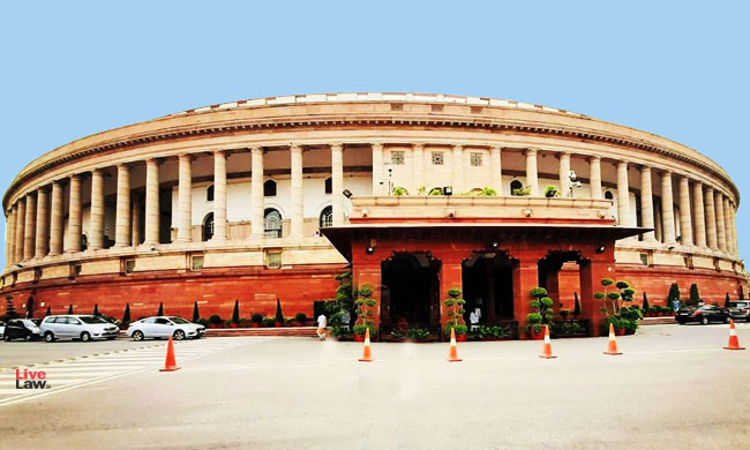Lok Sabha Passes Bills Enabling Extension Of Term Of CBI, ED Directors Up To 5 Years
LIVELAW NEWS NETWORK
9 Dec 2021 9:29 PM IST

Next Story
9 Dec 2021 9:29 PM IST
The Central Vigilance Commission (Amendment) Bill, 2021 and the Delhi Special Police Establishment (Amendment) Bill, 2021 were passed by Lok Sabha today. The Central Vigilance Commission Bill, 2021 seeks to amend Section 25 of the Central Vigilance Commission Act which prescribes the term of Enforcement Directorate's Director. The Bill provides that the tenure of the Director...
